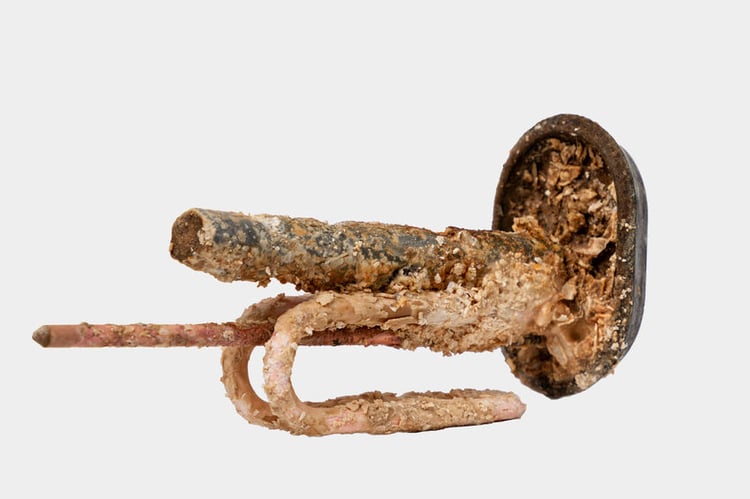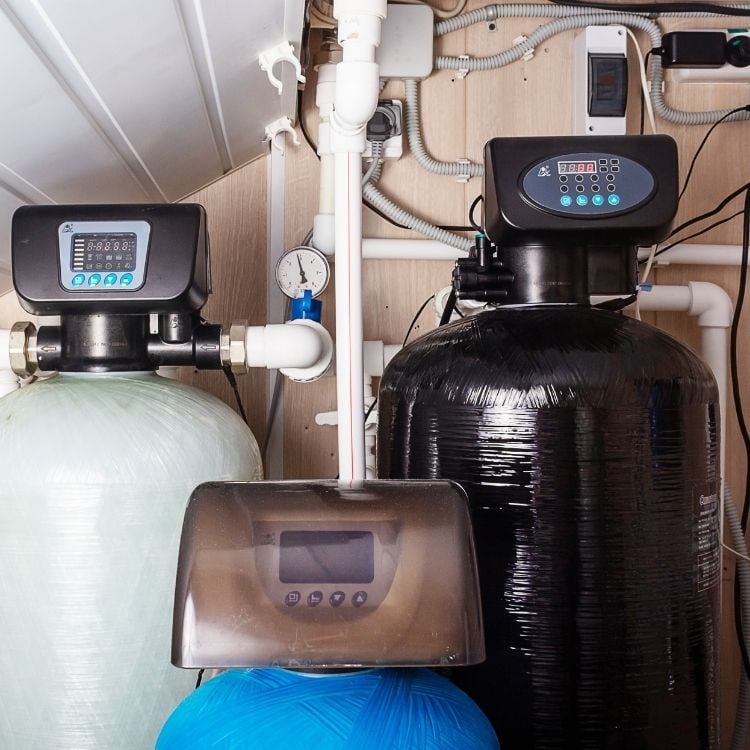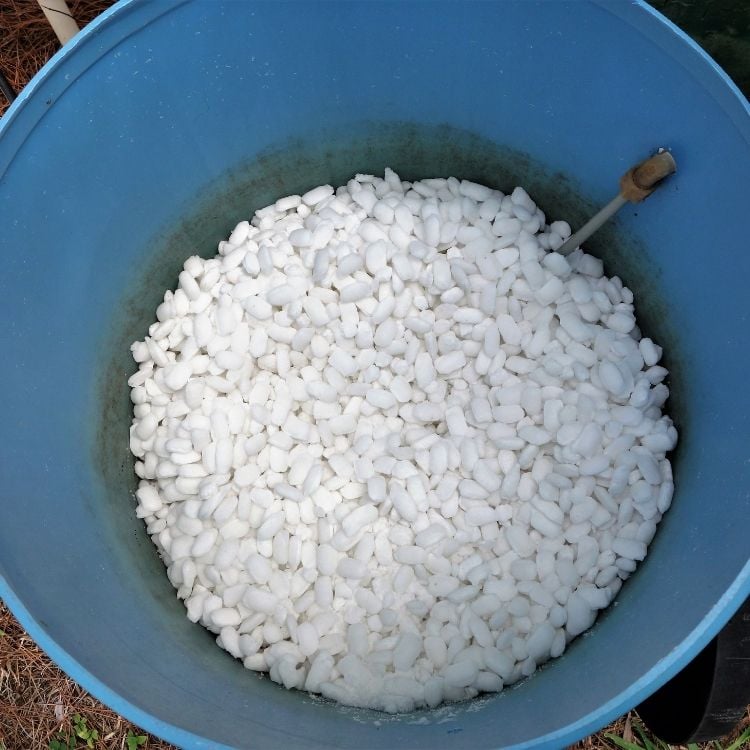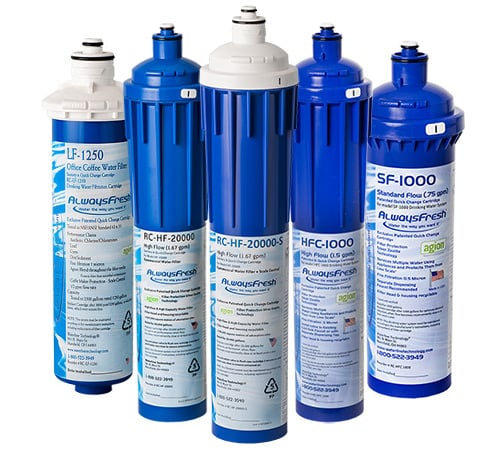You might be surprised to learn that hard water can cause severe damage to your plumbing system, including clogged pipes and fixtures, decreased water pressure, and reduced flow from your taps. Hard water is caused by the presence of high mineral concentrations, such as calcium and magnesium, in your water supply.
These minerals build up in your pipes and fixtures, causing several problems. If you have hard water, it's worth considering a water softener to remove the minerals. A water softener helps reduce the amount of buildup in your plumbing system and can help extend your pipes and fixtures lifetime.
You can also use a filter to remove the minerals from your water before entering your home. If you're dealing with hard water, be sure to take steps to protect your plumbing system and keep it running smoothly.
What Is Hard Water, and What Are the Effects on Your Plumbing System?
If your home relies on a hard water source, you'll need to be aware of the impact. Hard water contains a higher than usual concentration of minerals, usually magnesium and calcium. Not only can these heavy deposits wreak havoc on your pipes, but they can also cause stains in your sinks and tub.
People with hard water might consider using a water softener to remove the minerals. A water softener reduces the amount of buildup in your plumbing system and helps extend the life of your pipes and fixtures. You can also use a filter to remove the minerals from your water before entering your home.
It's Easy To Test For Hard Water in Your Area
If you’re unsure whether your water is hard, you can use a simple water hardness test kit. The test is straightforward to administer and only takes a few minutes. Once you have your results, you'll know if you need to take steps to protect your plumbing system.
If your house has hard water, you'll need to take action as soon as possible. That way, you can avoid the long-term associated with the condition. In addition, improving water quality will remove the immediate threat of mineral buildup.

What Happens if You Don't Do Anything?
If you don't take immediate steps to protect your plumbing system from hard water, your water pressure decreases. You'll see that happening when the minerals in hard water build up in your pipes, causing them to become clogged.
As the clogs get worse, they will restrict water flow through your pipes, decreasing water pressure. In extreme cases, hard water can damage your entire plumbing system. However, the decrease in water pressure is enough to address the problem for most people.
How to Treat Hard Water Using a Water Softener
A water softener works by exchanging the hard minerals in your water for softer minerals, such as sodium. That will help prevent the buildup of minerals in your pipes and fixtures. It's important to note that a water softener will not remove all of the minerals from your water. You may still see a small amount of buildup in your plumbing system, but it will be significantly less than if you did not have a water softener.
If you're not sure if a water softener is a right solution, consult with a professional. A knowledgeable professional can assist you in deciding which type of water softener is best for your needs and budget.

The Benefits of Installing a Soft Water System in Your Home
If you have a water softener in your home, you'll enjoy several benefits.
Water softeners help reduce the amount of buildup in your plumbing system and help extend the life of your pipes and fixtures.
- You can also use a filter to remove the minerals from your water before entering your home.
- A water softener will also help reduce the amount of soap scum and limescale buildup in your bathroom.
- It can also help improve the taste and smell of your water.
If you're not sure if a water softener is a suitable solution, consult with a professional.

How to Maintain a Water Softener for Optimal Performance
It's crucial to maintain your water softener for optimal performance.
- Make sure to replace the salt in your water softener regularly. That will help to ensure that your water softener is working correctly.
- It's also crucial to regularly clean the filters in your water softener.
Proper maintenance of your system is as essential as installing the softener in the first place. Periodic testing will ensure that your water quality remains high. Few things are as necessary for living as high-quality water.
There is an Alternative to a Water Softener
Chemical-Free Water Conditioning
Water the way you want it. ®
High flow drinking water filtration at your existing cold sink faucet without separate dispensing tap or visible attachments!
No Chemicals!
No Salt!
No Electricity!
80% of the cold water used at the kitchen sink should be filtered. With an Alwaysfresh® high flow drinking water system, 100% of your drinking/cooking/food preparation water is filtered!
Filtered Water at your kitchen cold faucet … convenient for food preparation, washing fruits & vegetables, cooking, making coffee, and drinking water.



